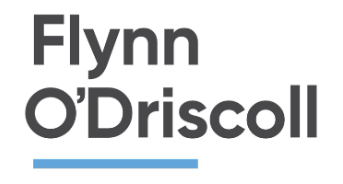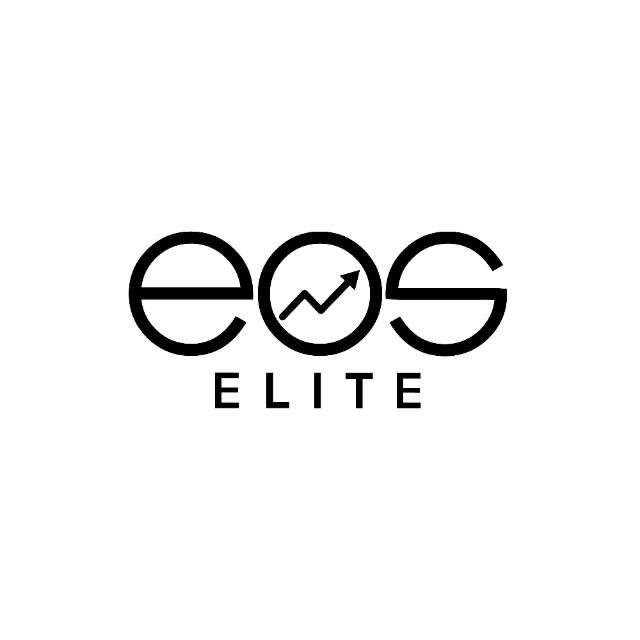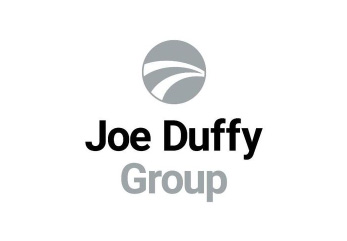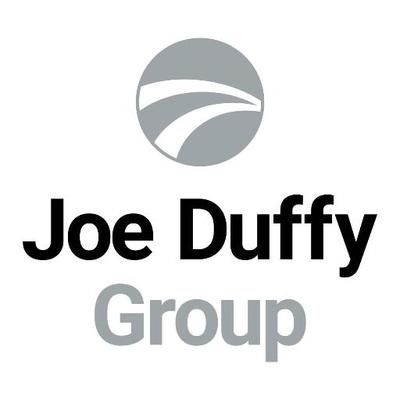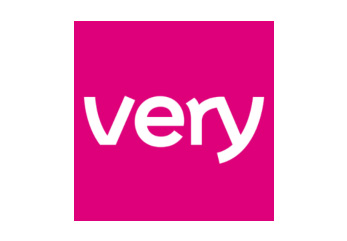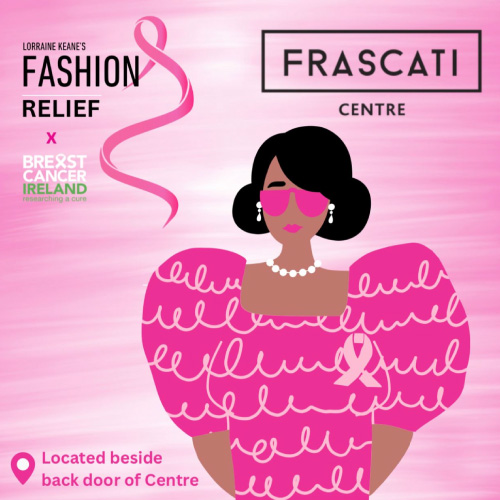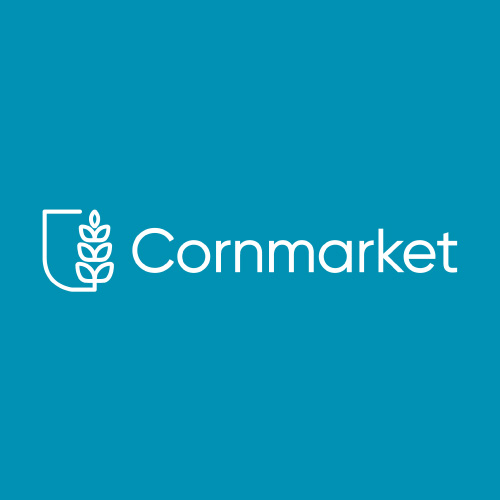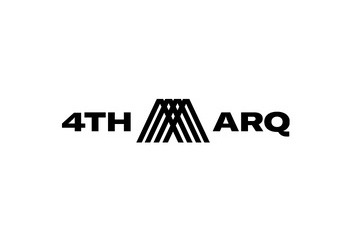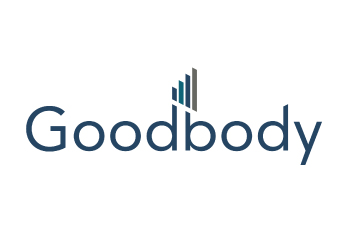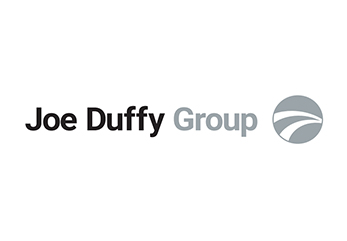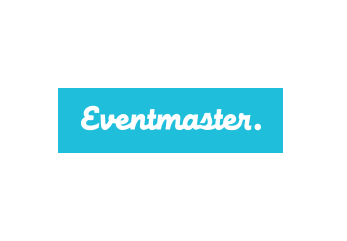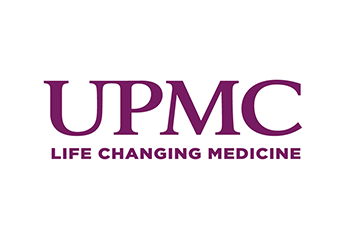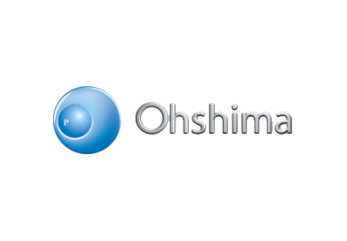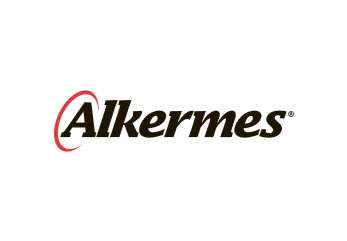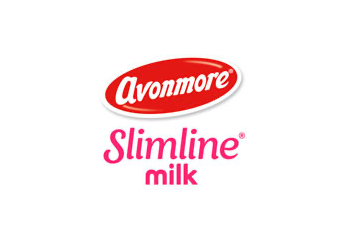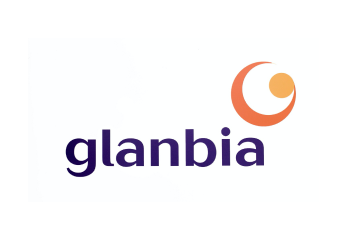Rachel McKenna
My name is Rachel McKenna. I’m 40 years of age and am currently diagnosed for the past 17 months with stage 4 breast and bone cancer. I am also mother to a beautiful 2 year-old boy Elijah. I believe my cancer, which is oestrogen based, has been as a result of changes in my hormones and body, during my pregnancy. Since my diagnosis, I have heard more and more stories of women who have recently had a child, being diagnosed with breast cancer.
My pregnancy was difficult. I had an appendectomy at 17 weeks, had covid and gestational diabetes. The worst was the pelvic girdle pain which began at 7 weeks. Of all the appointments during my pregnancy, not ONCE did anyone ever tell me it was strange for pelvic girdle pain to begin so early in a pregnancy or to be extra aware of changes in my body and breasts. Instead, there were posters and classes and infomercials on breast feeding etc.
After I gave birth, my fatigue was severe. I mentioned this to my midwife at the 6-week check, thinking it may have been long covid. She referred me onto my doctor for blood tests, which revealed nothing. At the 3 months check I spoke with my doctor about the fatigue and how my body was full of aches and pains. My pelvic girdle pain got worse, but I was told its probably pregnancy related.
Two months later, after a trip to the zoo my back went. I had to crawl on all fours out of the car and I writhed in pain on the floor as the doctor on call, sat on the edge of the couch, wrote a prescription for pain killers without doing any kind of examination and then simply left. The pain continued and I recall during yet another phone consultation crying with my doctor saying it’s not normal to be in so much pain this long after birth.
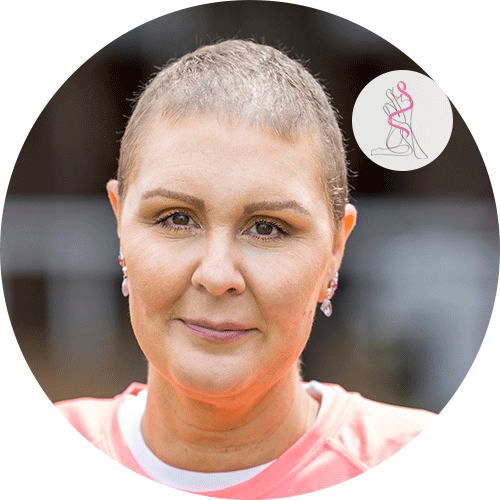
At the end of May I found a lump in my right breast. I went to my doctor, and she thought it was a cyst but recommended a breast check. She also recommended an MRI for my back and shoulder as I had limited range in the movement of my arm and because I still didn’t have strength in my back. It felt like my spine didn’t have the strength to hold me up. As it turned out, I was right.
I had my MRI August Bank Holiday Monday. On Wednesday, I received a call from my doctor saying the results were back and my spine was covered in lesions. I didn’t even know what a lesion was. She then went on to explain it was cancer and suggested that the lump was probably more than just a cyst. I was in shock but thought breast cancer, I’ll be okay, not realising it was stage 4 and inoperable.
The first 12 months after my diagnosis were pure chaos – mentally, emotionally and physically. Everything began to change so quicky. It began when I was admitted to hospital, where I undertook a number of tests, some of which showed I had 5 vertebrae fractures.. I was put on bed rest immediately, as my spine could’ve collapsed at any time. This first admission, saw me staying in hospital for a month. However, after being released for just three days I was readmitted due to an infection. This infection, also meant that I was unable to begin IV chemo. The idea of IV chemo is terrifying to some, but I just wanted to start fighting. I was put on an oral chemo and hormone tablet instead. I continued on this until my review at Christmas. At this time I met with my consultant who suggested we begin IV chemo after Christmas, now that the infection had subsided and the wound healed. Although scary, I was eager to begin my fight. Unfortunately, over the holidays I began to feel unwell and I was re-admitted once again in early January. This was one of my darkest times and a time where I struggled greatly with my mental health. I was usually quite a positive person, however, my positivity dissipated during this prolonged stay. Due to covid I only saw my baby, now ten months old, 3 times and missed his first steps. I felt guilty for not being there for my child and despair at the thoughts of not seeing him grow up. I struggled greatly during this time. I still struggle today.
However, what I struggle with most is that NO ONE ever even mentioned a possibility of cancer. NO ONE explained that I needed to be more conscious and aware of my body. As someone who was so cautious, someone who did breast checks and had previously been for a precautionary mammogram at aged 37 after I felt changes and was told it was likely to be issues with an underwired bra or because my breasts were ‘nodular’, I felt angry and saddened at the fact there was simply no indication of even the possibility of it being cancer.
After a time, I became greatly saddened by the realisation, that I was not a unique or rare case. I felt so strongly about ensuring no other young woman should have to go through what I have gone through. As such, I contacted Breast Cancer Ireland, who were already a driving force behind encouraging awareness and education in the field of breast cancer and metastatic cancer. I hoped through sharing my story with them, that further education and awareness could be raised. This similar passion for change and education in others resulted in me having the absolute privilege of becoming a patient supporter of Breast Cancer Ireland working with them to help raise awareness, not just in relation to breast cancer, but metastatic breast cancer also.
Through raising awareness into this illness and supporting greater research in the field of metastatic cancer, particularly metastatic breast and brain cancer, metastatic cancer can move away from being a terminal illness, but to a long term illness that is lived with. An illness that allows aspects of normal life to resume for some. For me, it means being able to return to work and walk without crutches for the first time in over a year. This research and development means that I can play football with my son for the first time just before his second birthday. The research into the illness and development of medicines and trials, make this possible for some.
With the diagnosis of breast cancer and metastatic cancer, there is no one to blame. It’s not the doctor or the hospitals or the doctor on call. It’s not about blame. It’s about better antenatal care. It’s about listening when women say they feel something is wrong. It’s about educating women about breast and hormonal changes in their body, PARTICULARLY after pregnancy. It’s about awareness and the education of us all on what breast cancer is and what the signs and symptoms of metastatic cancer are too. It’s about encouraging further research into the illness and the development of better medicines. Making this illness a manageable illness, where one can carry on with a normal life. #metastaticmatters.
